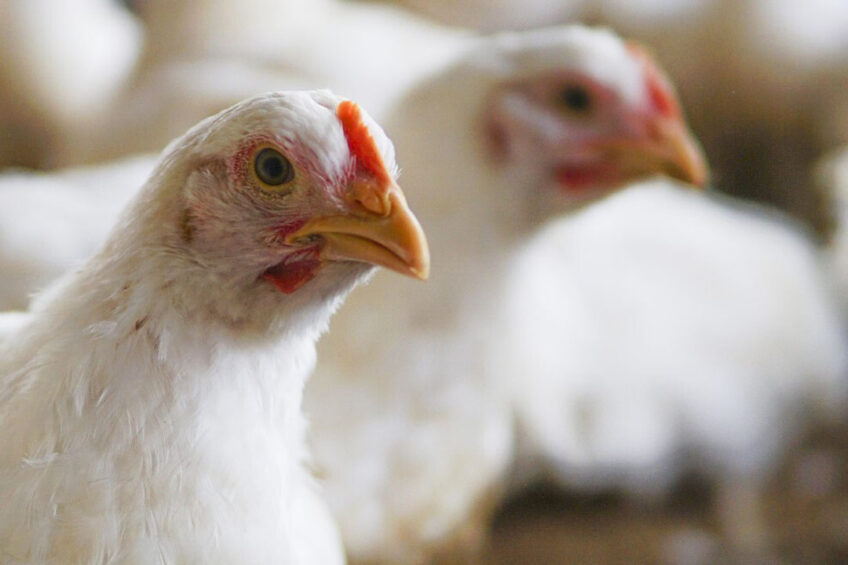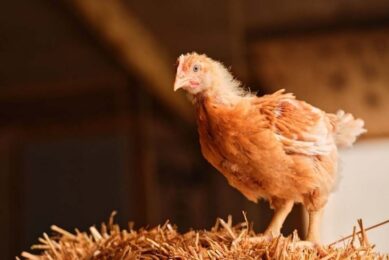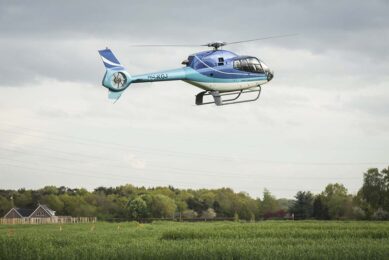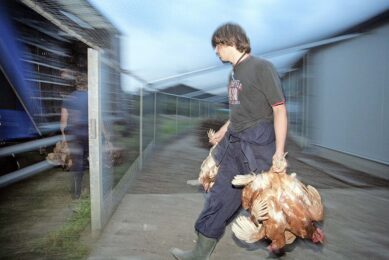Judicial review challenging the use of fast-growing broilers granted

Animal welfare campaigners have been celebrating following the decision in the UK’s High Court to grant a full hearing into a challenge against the government over the legality of fast-growing broilers.
Appeal Court judge, Lord Justice Singh, said a full hearing of the facts regarding fast-growing birds was in the public interest, making it one of the 5% of judicial reviews which, one deemed arguable, is granted a full hearing.
Regulations breached
The Humane League UK, which brought the case, argues that the use of conventional meat chicken breeds breaches the Welfare of Farmed Animals (England) Regulations 2007. The legislation says: “Animals may only be kept for farming purposes if it can reasonably be expected, on the basis of their genotype or phenotype, that they can be kept without any detrimental effect on their health and welfare.”
The campaign group says broilers have been genetically selected over decades to prioritise fast growth and produce as much meat in the shortest possible time. This leads to welfare issues, such as hock burns, lameness, and organ failure. At present, around 90% of the 1 billion birds slaughtered each year come from fast-growing breeds.
“We will strongly make the case that keeping these birds is wholly unlawful.”
Claire Williams, Humane League UK campaigns manager, said the decision was a huge milestone for its case, adding that it would hopefully further the cause of animal welfare across the country.
“We have beaten the odds to present the horrific lives of fast-growing chickens to the High Court in full and will strongly make the case that keeping these birds is wholly unlawful. These animals have suffering coded into their DNA, and we hope the justice system will rightly condemn that.”
The campaign group was represented by Eddie Bowles, solicitor at Advocate for Animals, who said the decision to grant a judicial review was the right one: “Not only is it clear that the law prohibits the farming of animals prone to suffering – combine this with a monitoring system that is inadequate to protect animals from extreme suffering – and we see a system which is as broken as it is unlawful. This broken system is also helping unlawful producers out-compete law-abiding producers by getting cheaper chickens on the market.”
Detecting welfare issues associated with conventional breeds
The case also challenges the “trigger system” – Defra’s monitoring system aimed at detecting welfare issues associated with conventional breeds of which the vast majority will be fast-growing. The trigger system requires vets at abattoirs to report problems, but only if they occur above a given threshold, which the Humane League argues is far too high.
A final ground of the case argues that the system in place is creating unequal treatment between poultry producers that comply with the law and those that don’t. This is because the trigger system is unlikely to detect legal breaches, meaning producers of conventional breeds engaged in unlawful practices may benefit by placing cheaper chickens on the market and escape punishment.
Behind a backdrop of the Better Chicken Commitment
The challenge comes at a time when charities are urging companies to sign up to the Better Chicken Commitment, which demands slower-growing birds, more space, natural light and enrichment, less painful slaughter methods and third-party auditing. Among the companies that have signed up to the BCC are Waitrose, Marks and Spencer, Greggs, Nando’s and KFC.
Richard Griffiths, British Poultry Council chief executive, said the lower stocking rates were “a direction of travel being discussed by the industry”, but this had to be weighed up against the need for affordable food and that slower-growing birds had a bigger environmental footprint.
Griffiths told Farmers Weekly: “These birds require more farms, more land, more feed and more water, so come at a higher cost, both financially and environmentally.”
A Defra spokesperson said: “We are proud to have some of the highest animal welfare standards in the world. All farm animals are protected by comprehensive and robust animal health and welfare legislation – including the Animal Welfare Act 2006 which makes it an offence to cause any captive animal unnecessary suffering.”
Join 31,000+ subscribers
Subscribe to our newsletter to stay updated about all the need-to-know content in the poultry sector, three times a week. Beheer
Beheer








 WP Admin
WP Admin  Bewerk bericht
Bewerk bericht